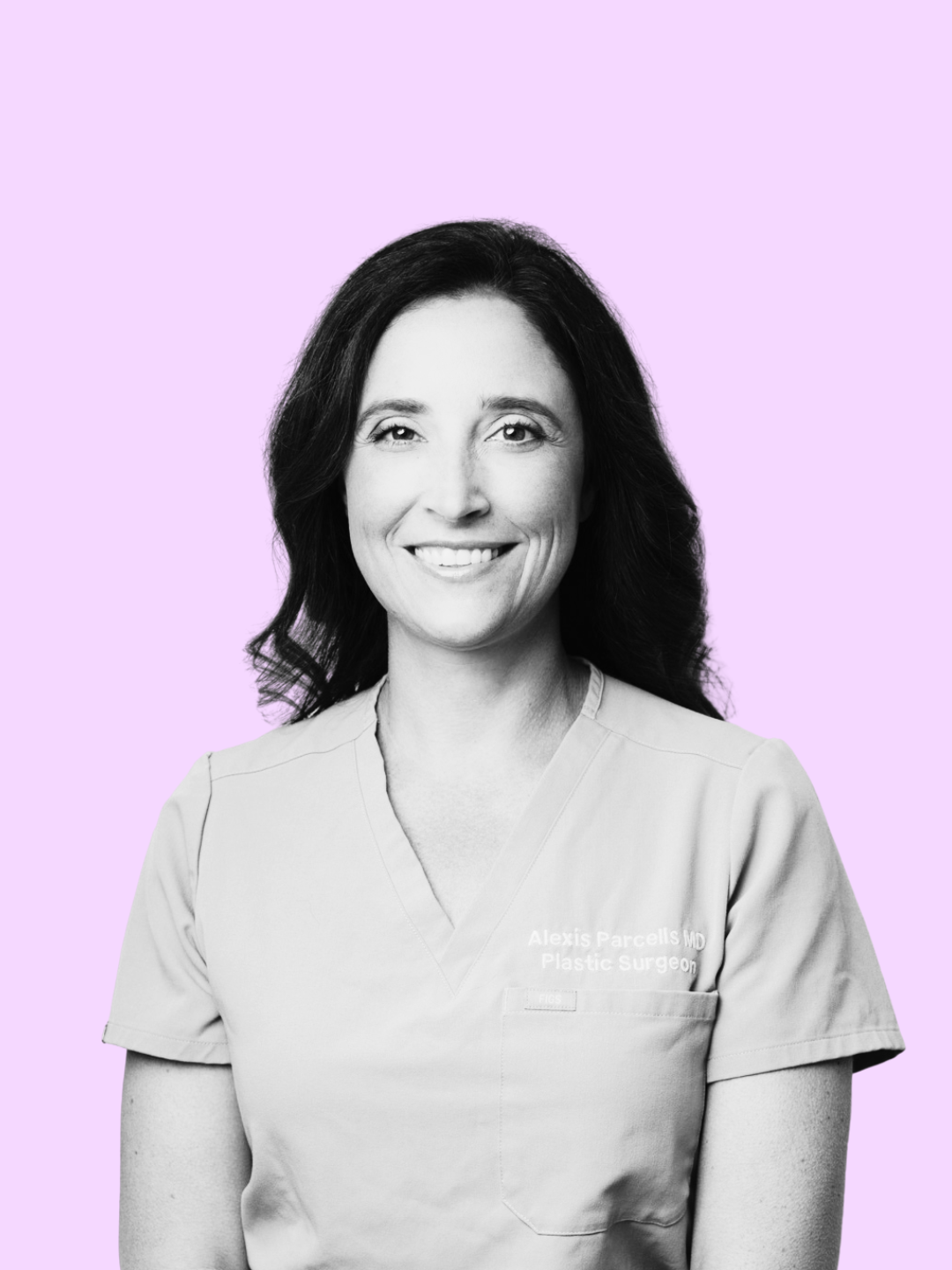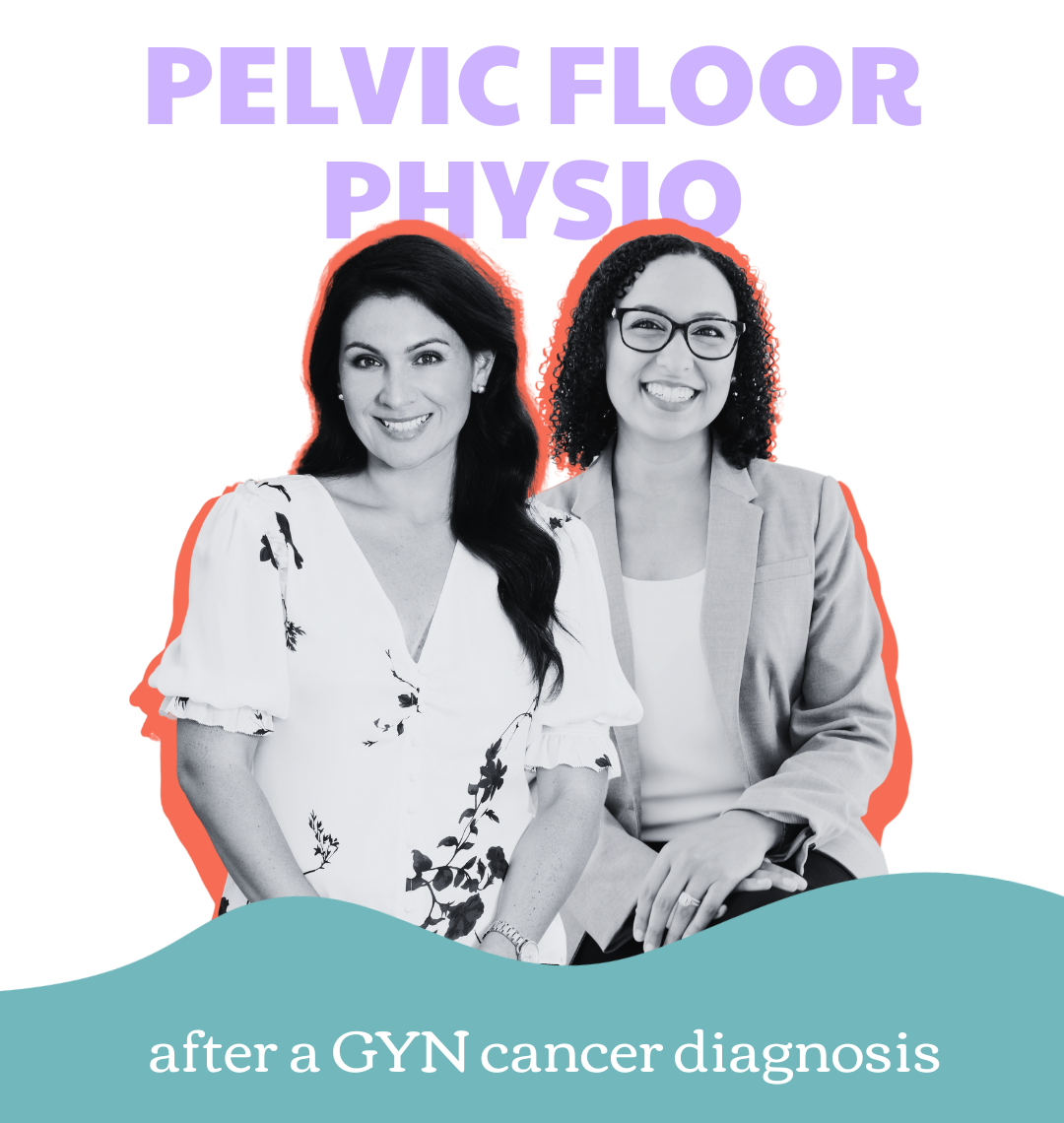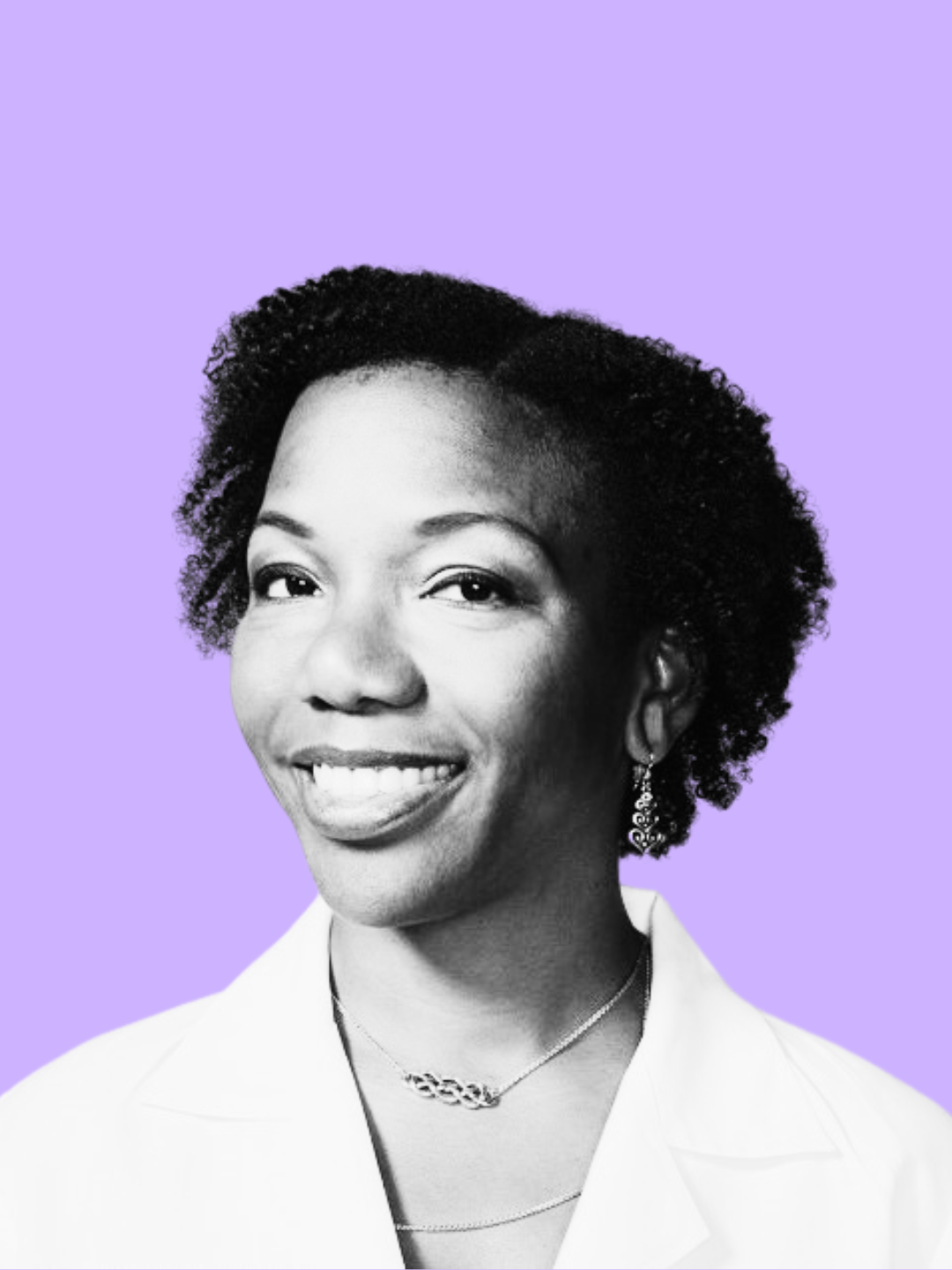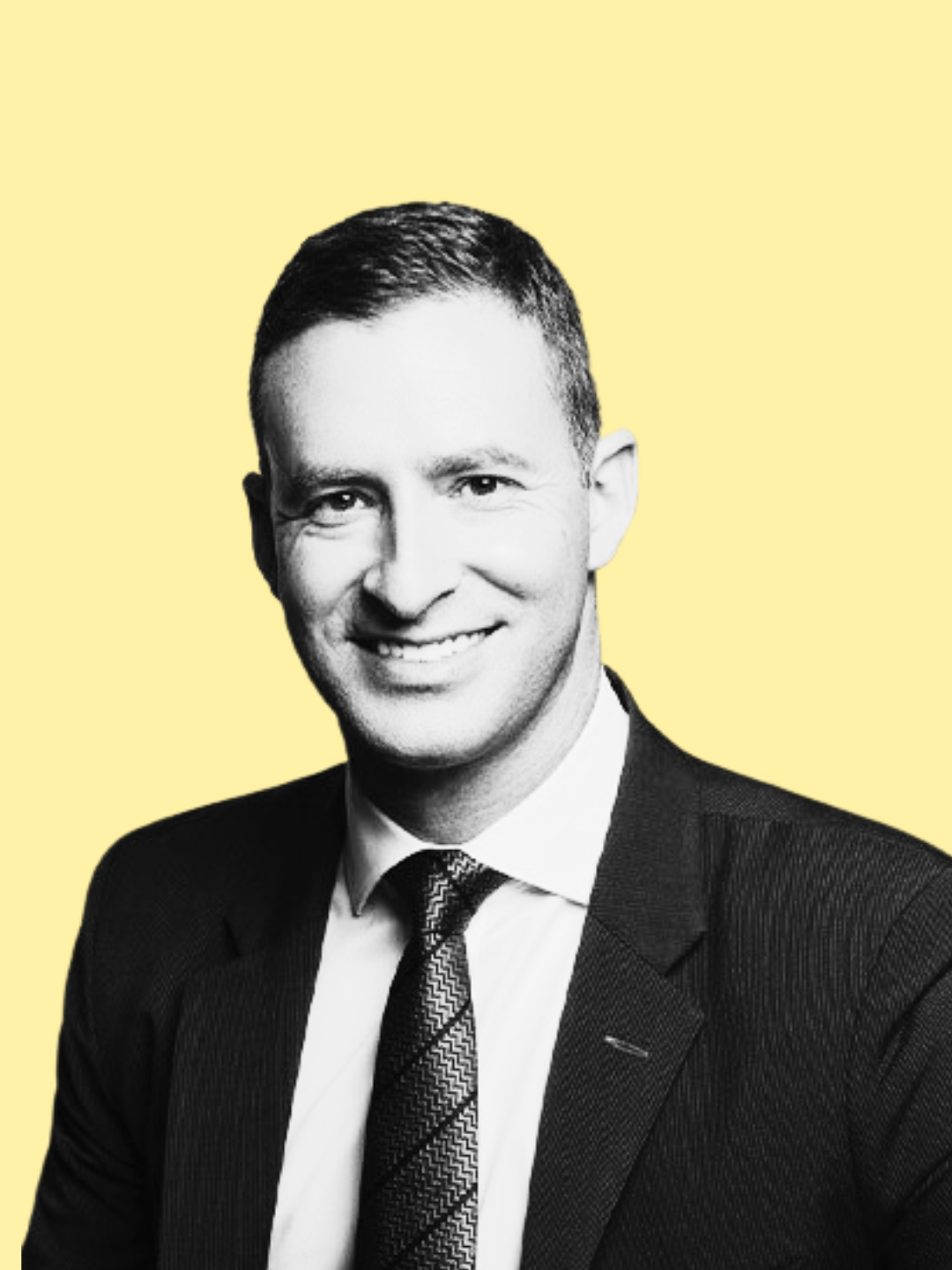Peak Partnered: This article is in proud partnership with Dr. Parcells Plastic Surgery. The Breasties and Dr. Parcells are joining forces to raise awareness around patient options.
With more than 130,000 women in the United States electing for breast reconstruction every year and dozens of options available to them, having a plastic surgeon you trust is essential.
Dr. Alexis Parcells, is a New Jersey and New York City-based plastic surgeon and fierce advocate for women’s health who works to ensure all patients get the results that make them feel most like themselves.
Dr. Parcells attended medical school at St. George’s University before completing her plastic surgery residency at Rutgers New Jersey Medica School, where she created bravebras.org. This online resource strives to demystify breast reconstruction and is translatable into more than 100 languages.
Dr. Parcells spoke with The Peak to share the importance of finding the right plastic surgeon with questions Breasties can ask to make sure their team–and their results–work for them.
THE PEAK: Why is it important to interview plastic surgeons?
DR. ALEXIS PARCELLS: With plastic surgery training, unlike the other surgical specialties, we learn a set of principles and then we learn how to apply the principles to each individual woman’s anatomy and goals. Don’t be surprised if you go to see several plastic surgeons and get different opinions on which reconstruction would suit you best.
Ultimately, you should trust your gut and choose someone that you feel you can partner with. Reconstruction is a process and may require several procedures, so trusting your surgeon is key.
TP: How can someone start their search for a surgeon?
AP: When you have chosen your breast surgeon, they're going to do the mastectomy or lumpectomy and then, for the most part, they're going to pass the surgical baton to the plastic surgeon. We are literally doing that in the operating room. First, find a breast surgeon who you feel is going to take good care of you and whose opinion you trust. Then say to them, 'Alright. Now I have to meet with a plastic surgeon. Who do you recommend?' and take down multiple names.
You really need to interview a couple of surgeons and find the person who you trust, with whom you feel like you can communicate, to who you feel like you can send a text message. You don't want to feel like, 'I can't discuss something with them,' or 'I'm too apprehensive to ask something.' We want you to be really happy about your results at the end of all of this, so you deserve to find someone who is going to work with you.
Once you have some names, go online and do some homework. A plastic surgeon should have a website. They should have real patient reviews. Read the reviews, check out their galleries, and check out their before-and-afters. That way you can get a sense of who this person is and whether you are going to be able to get along for the next couple of months.
TP: If someone feels limited because of their insurance coverage, how can they make sure they still have a say in who they choose as their plastic surgeon?
AP: It's important to know about the Women's Health and Cancer Rights Act of 1998. You can be an active participant in the approval of your reconstruction.
Let's say you have certain insurance and your desired plastic surgeon is not in-network with that company, there's something called a gap exception. As a patient, you're paying into the policy and you can advocate for yourself. You can cite this act and say, 'I have met with other plastic surgeons but I really want Dr. X, Y, or Z to do my surgery,' and participate in the approvals process if you're really sure that this is the doctor that you want.
TP: Some patients may feel uncomfortable with getting a second opinion. How can they navigate that situation?
AP: You have every right to go and do your research and find someone that you connect with. It's your body. You shouldn't want to do anything to appease me or anybody else. You owe it to yourself to get to a place where you feel really comfortable with your doctor, the choices that you make together, and your overall outcome.
Remember, reconstruction is elective. Your mastectomy or lumpectomy is a curative operation. We are doing this so you do not die. It's the same thing for radiation and chemo. Nobody wants to go through any of these, but they are life-saving treatments.
I am the first person to advocate for all of the benefits of reconstruction in terms of all the psychosocial aspects. But you're not burning a bridge by saying ‘No’ right now. I've seen plenty of women who have said, 'I've had my double mastectomy two years, five years, ten years ago, and I'm at the point now where I do want to have a reconstruction.'
People feel like they need to close the journey. They need to wrap things up with a bow. You don't need to do that. You shouldn't feel pressured into doing anything. You just live your life and then when the time is right and your body tells you, 'I want to make a change or have a revision,' then you do it.
RELATED: Meet the Plastic Surgeon Pushing for Her Patients' Say in Their Reconstruction
TP: What questions can a Breastie ask their plastic surgeon to make sure they’re a good fit?
About reconstruction overall:
- Can I talk to another patient who has recently been through or is going through this experience?
- Can I see before-and-after photos of the procedure you are proposing for me?
- How many reconstructions do you typically do a year?
- Based on my diagnosis and current breast shape, what would you do with my nipples?
- Do you do revision breast reconstruction? How many do you anticipate I will need as I age?
About implant-based reconstruction:
- What kind of implants do you use and why? Do you use textured implants? Do you prefer silicone or saline?
- What if I want reconstruction, but I’m not sure I want implants?
- What is the difference between prepectoral and retropectoral implant placement?
- How does fat grafting work and do you routinely do it? Where do you place the fat?
About autologous or flap-based reconstruction:
- What flaps do you routinely perform?
- How long does a flap surgery take? Do you do it alone or with colleagues?
- How many days will I have to stay in the hospital for monitoring?
- Do you combine flaps with implants? What’s the benefit of this?
About insurance coverage:
- How much of this reconstruction will insurance cover? What happens if I need multiple stages and revisions?
- Are you in-network with my insurance company? Can you give me an estimate of the expenses? How does it work if I am out of network?







